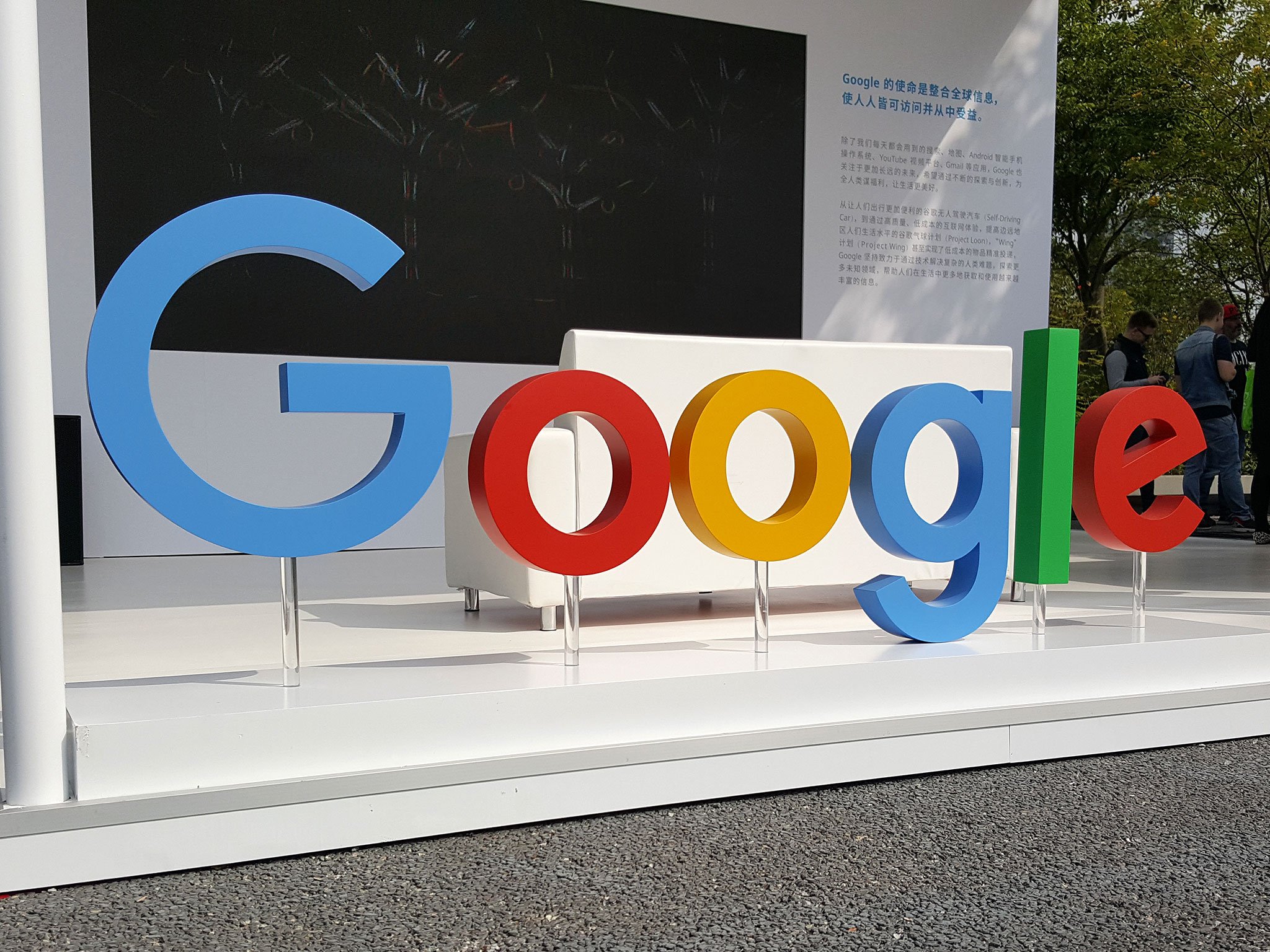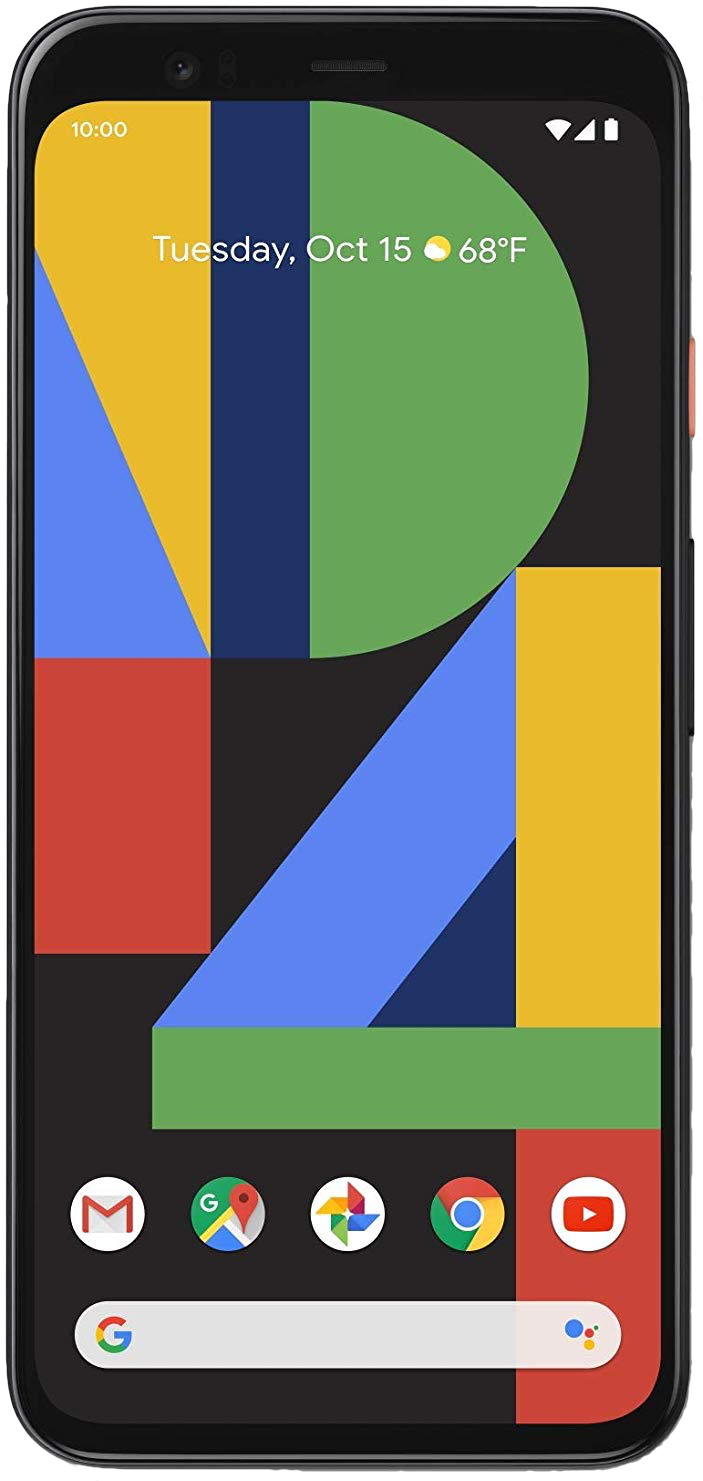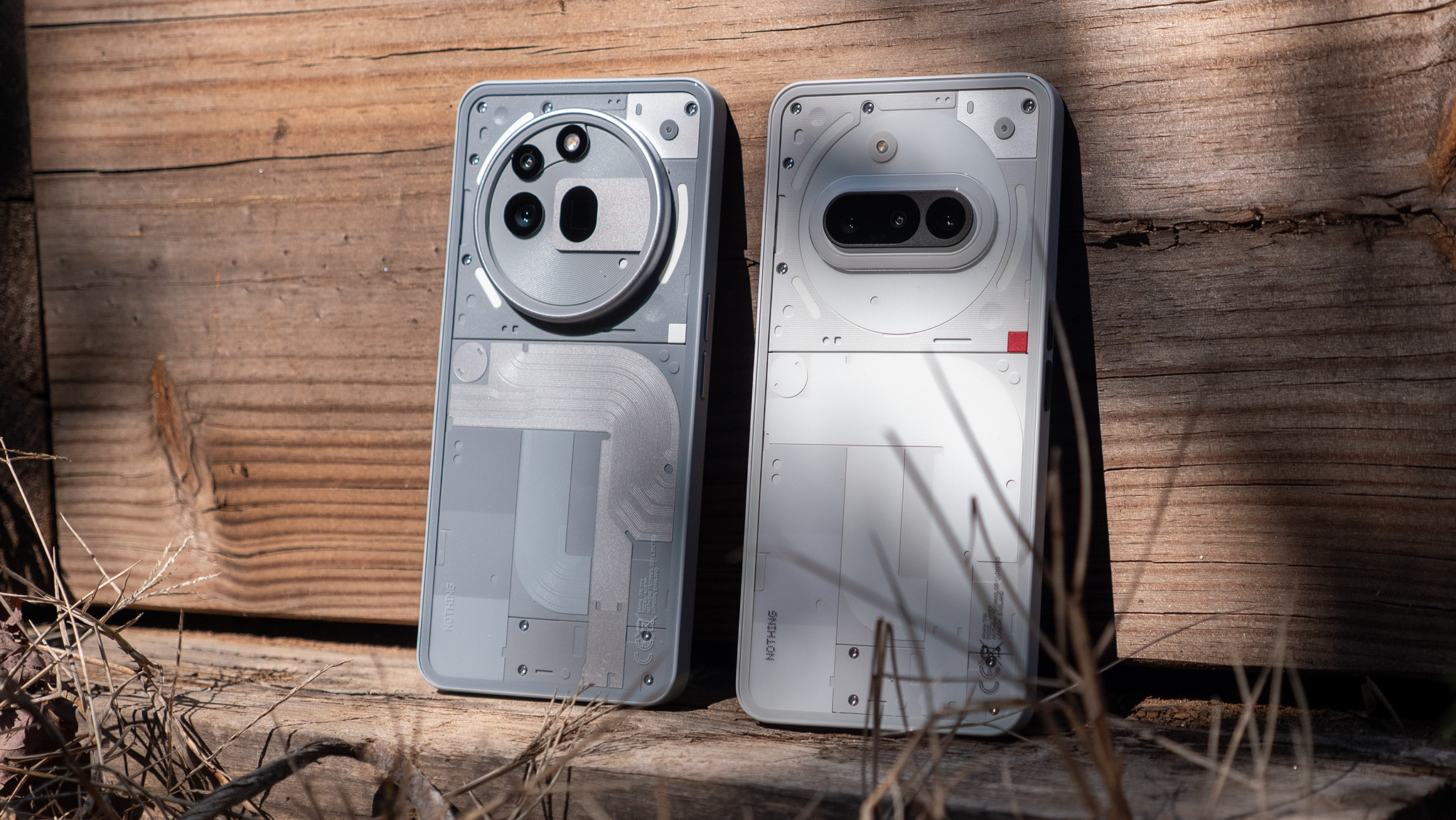Alphabet's DeepMind sends co-founder to Google for AI work

Get the latest news from Android Central, your trusted companion in the world of Android
You are now subscribed
Your newsletter sign-up was successful
What you need to know
- DeepMind co-founder Mustafa Suleyman is leaving the company to join corporate-cousin Google.
- Suleyman will work on AI projects with members of Google's AI and Health team
- DeepMind worked with Waymo on self-driving cars and Pixel on computational photography.
DeepMind, the company that built AI to beat Starcraft II and read your chest X-Ray, is losing one of its co-founders to Google, according to a report on 9to5Google. Mustafa Suleyman is joining Google to work on "opportunities & impacts of applied AI technologies" according to a post on his Twitter feed. DeepMind was purchased by Google parent Alphabet in 2014 and has collaborated across Alphabet companies, according to a blog post by co-founder and new DeepMind lead Demin Hassabis. DeepMind collabs include contributions to Pixel phone photography and Play Store app recommendations, in addition to other projects that, you know, save lives.
After a wonderful decade at DeepMind, I’m very excited to announce that I’ll be joining @Kent_Walker, @JeffDean and the fantastic team at Google to work on opportunities & impacts of applied AI technologies. Can't wait to get going! More in Jan as I start the new job!After a wonderful decade at DeepMind, I’m very excited to announce that I’ll be joining @Kent_Walker, @JeffDean and the fantastic team at Google to work on opportunities & impacts of applied AI technologies. Can't wait to get going! More in Jan as I start the new job!— Mustafa Suleyman (@mustafasuleymn) December 5, 2019December 5, 2019
DeepMind has accumulated quite a list of accomplishments in the world of AI over the last 10 years, inserting itself into all manners of Google's business. Hassabis mentions an AI project that could detect conditions causing fatal patient deteriorations days before existing methods, and another working with Waymo to train self-driving cars. For DeepMind's future, Hassabis calls out upcoming projects but also makes special note of DeepMind's commitment to workforce diversity, as well as improving "access to science among under-represented groups."
Suleyman did not directly comment on his upcoming projects but did link his announcement to Google execs in charge of AI and Health, as well as Legal Policy. With so much collaboration already coming from DeepMind across Alphabet companies, we could see Suleyman leading new large-scale projects, or acting as a liaison across teams. It is likely that repositioning Suleyman will help drive AI as a core technology across all Google platforms.
Get the latest news from Android Central, your trusted companion in the world of Android


